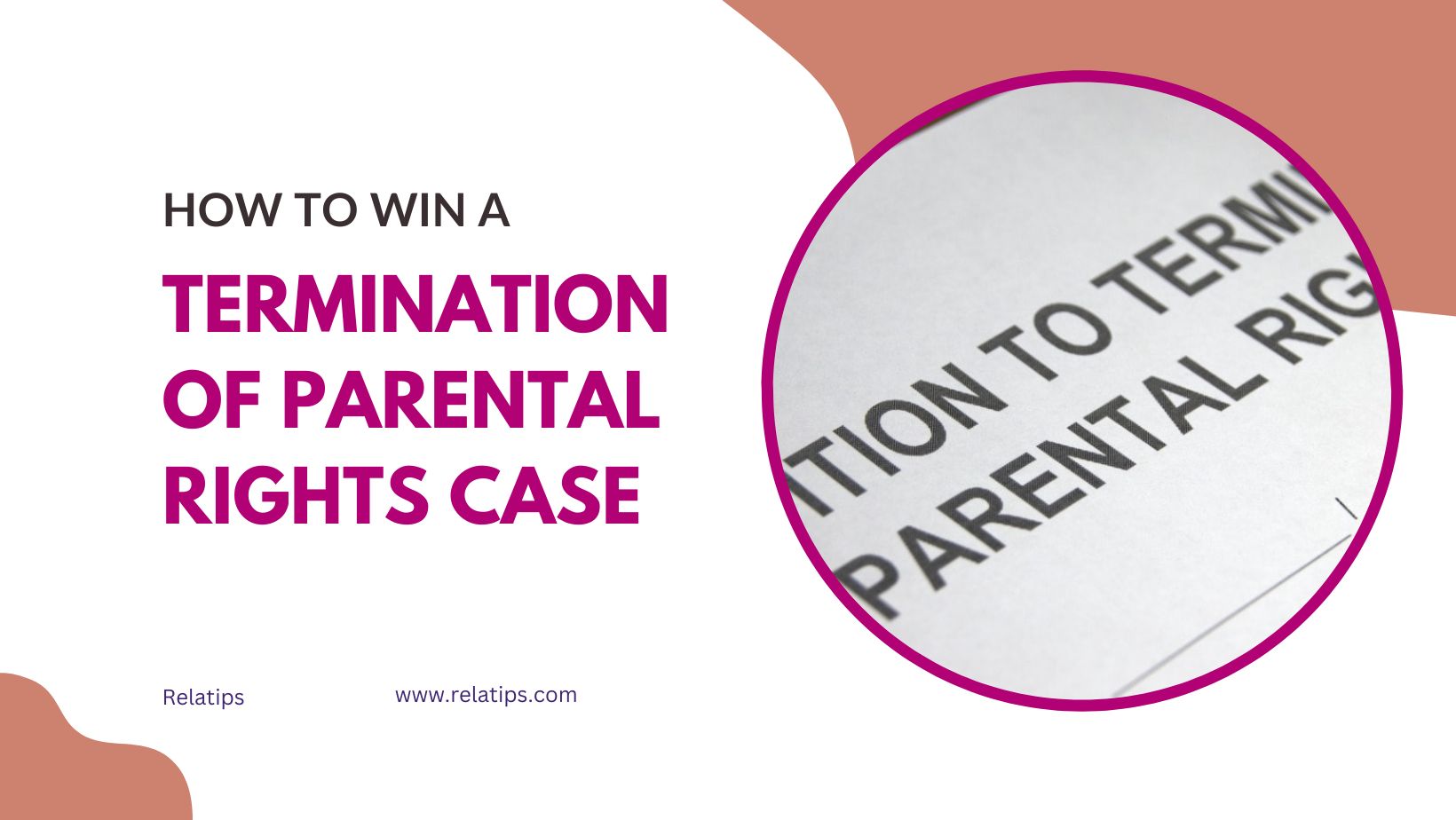Deliberating whether or not to terminate parental rights can be a complex legal process with serious ramifications, making the experience painful for everyone involved.
For a court to successfully adjudicate the termination of parental rights case, sufficient evidence must exist that establishes one or more statutory grounds for terminating them and ensure it takes into account how this will impact upon the welfare of children in making its decision.
Establishing Grounds for Termination
If a parent violates their children’s safety or rights, this can result in their parental rights being terminated by court order voluntarily or involuntarily. When this happens, court officials take away that parent’s legal responsibility for them and allow their children to live with other family members, foster parents, or adoptive parents instead of living with their biological parent(s). Anyone seeking to terminate one parent’s rights must file a petition with the court which will then determine whether there is sufficient evidence against that parent and grant their request to remove his/her legal responsibility by filing petition with them with them before filing petition with court;
A judge will take into account a variety of factors when deciding whether or not to terminate parental rights:
Courts must establish that one or more of the grounds listed above is true by providing “clear and convincing evidence.” For instance, DFPS findings that involve domestic violence or drug use could be sufficient grounds to terminate parental rights.
Notably, parents cannot lose their rights simply for giving up work or failing to pay financial obligations on time; nor can they terminate them simply in order to avoid child support obligations that are legally mandated. Even if one finds themself unable to care for their children properly, rather than giving up parental rights altogether they should work toward improving their situation rather than terminating them – should that happen, however, know that you cannot regain them in future attempts at termination.
Preparing for a Hearing
Each state has laws outlining specific grounds for terminating parental rights, starting with filing a petition in family court and then going before a judge for review of evidence to see if any of the statutory grounds have been met for termination.
Judges typically order social studies to be completed and provide notice of hearing to petitioning parties. Before attending, it is crucial that both parties carefully read through the petition and any attached materials to familiarize themselves with each document and ideally consult a family law attorney on any details that need clarifying.
No matter if a termination of parental rights is voluntary or involuntary, it must be shown to be in the best interests of the child. To demonstrate this point, submit a signed statement from both parties which indicates they understand it is in their children’s best interests to relinquish them and acknowledges this change is for their wellbeing.
After conducting a fact-finding hearing, a judge will make his or her determination about terminating parental rights. You may appeal the judge’s decision but you must act quickly to do so. If the judge approves of terminating parental rights at either hearing or trial, a final Order to Terminate Parental Rights will need to be prepared and filed in order for him or her to sign it; at that same hearing or trial filing your adoption request should also occur at this time.
Obtaining Evidence
Evidence in contested termination cases must be strong and compelling in order to support their termination. Documents like psychological evaluations, teacher reports and medical records may help the court build this case; testimonies from relatives, doctors or the child’s guardian ad litem may also provide valuable insights to the judge.
Family law attorneys can help collect the evidence needed to file a petition to terminate parental rights with the appropriate court. This petition should provide details as to why parental rights should be terminated and request a hearing date; then inform both parents about this hearing so they are given due process and understand what allegations have been levelled against them.
After holding a fact-finding hearing, a judge will make their determination on terminating parental rights. Should this occur, that parent no longer has legal custody over the child and no longer owes child support payments. Without them being required to do so, their child can then be placed with another family member or adopted without their approval.
Rather, an experienced family law attorney can help parents appeal their court’s decision and attempt to reinstate their parental rights. A successful appeal may delay placement and give parents time to demonstrate they can raise children without harm.
Appeals
According to state laws, you or another individual – such as the custodial parent or guardian of the child – may file a petition to terminate parental rights. This action may be done voluntarily or involuntarily and permanently ends the parent-child relationship. Once this step has been taken, children can be placed for adoption; alternatively terminated parents may seek reinstatement of their rights but this process can often prove challenging.
Courts may terminate parental rights if it determines that it would serve the best interests of the child if another family is chosen as primary care givers. A judge will consider factors like abuse, neglect, ongoing indifference, abandonment, substance abuse and mental health concerns before considering this decision. They may also factor in how long one parent has been absent which will depend on state laws.
As soon as you receive termination papers, it is crucial that you consult an experienced family attorney immediately. Your lawyer can assist in filing an appeal and filing for a stay of the order to pause proceedings until your appeal has concluded. They can also draft a strong statement showing why terminating your rights would be in the best interests of your child. It is also crucial that when working together on building your case with your lawyer – including admitting any fault as it will factor into how the judge decides about termination.

